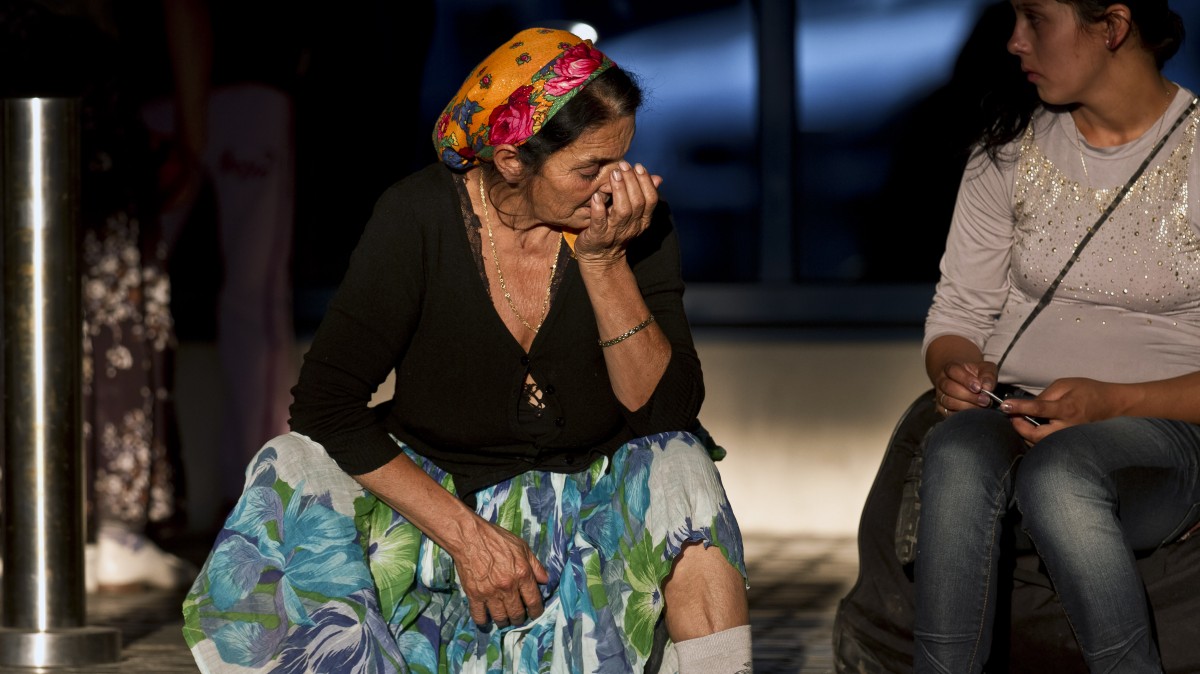– The United Nations rapporteur for minorities has anti-Roma and anti-‘Gypsy’ bias in her sights.
Apr. 8 marked International Roma Day, and United Nations Special Rapporteur on Minority Issues Rita Izsák used the occasion to call for greater action on stamping out bias against Roma.
“Discrimination and racism against Roma come in many different forms, ranging from silent indifference to hate speech and violence against individuals or entire communities […]. Unfortunately this has led to a desensitisation of the public, and to the resurgence of unacceptable myths about Roma criminality, unworthiness and inferiority,” Izsák said in a statement published on the website of the U.N. Office in Geneva.
“It is due time for our societies to stop tolerating any public discourse that perpetuates stereotypical, racist, hateful or discriminatory views about Roma, and take effective action against such discourses. We must reject anti-Gypsyism in all its forms.”
Izsák will present a comprehensive study of the human rights situation of Roma worldwide, with a particular focus on the phenomenon of anti-Gypsyism, to the U.N. Human Rights Council (HRC) in June.
In her statement, she highlighted the need for media to avoid perpetuating “sensationalist” coverage of negative stereotypes of people of Gypsy and Roma heritage, as well as for political and social leaders to work harder in eradicating biases against those groups.
“There is an urgent need for strengthened political will, especially at the national and local level, and an openness to learn from past mistakes in policies and planning… in order to break the vicious cycle of stigma, discrimination and marginalization,” Izsák said.
She also raised concerns about “the lack of Roma representation” in political and decision-making bodies.
The issue of how those of Roma and Gypsy heritage are treated has made recent headlines worldwide. In April 2014, a leaked note from a Paris police chief ordered his officers to work “day and night” to “systematically evict” Roma families from Paris streets.
An Amnesty International report in 2014 also accused European states including France, the Czech Republic and Greece of failing to protect Roma from racism and violence. Amnesty said the estimated 12 million Roma living in Europe were “living with the daily threat of forced eviction […], police harassment and violent attacks.”
Most of France’s 20,000 Roma lived in extreme poverty, according to the report, with “little or no access to basic services, such as water and sanitation and at constant risk of forced evictions.”
Violent anti-Roma protests, police harassment and violence, evictions and arbitrary detention of Roma were detailed in the report.


